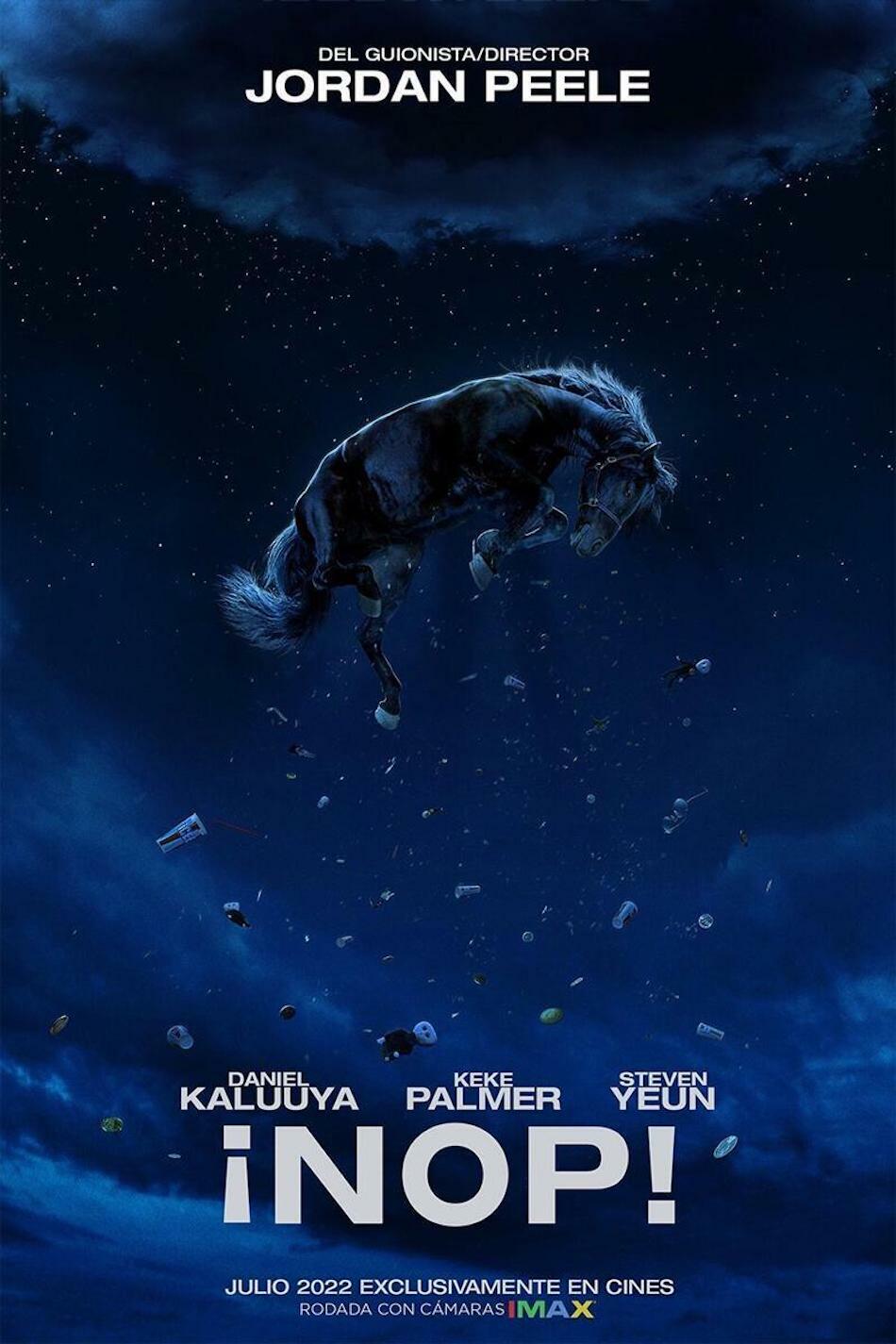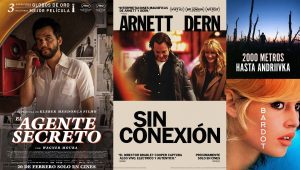
“What is a bad miracle?” Daniel Kaluuya’s character wonders at a certain point in the film, while reflecting on how incomprehensible, absurd and complex some of the misfortunes we witness throughout our lives are. A bad miracle. The fatality that sometimes dwells in the extraordinary. There is no specific term that defines it, and yet everyone knows that feeling. In fact, we rarely stop to think about it, as if a defense mechanism installed deep in our psyche protects us from the horror of facing our absolute lack of control. Jordan Peele debuts ¡Nop! (2022) his third film as director and screenwriter, and addresses this and other issues taking advantage of the possibilities offered by the fantastic genrewhich seems to have arrived destined to do great things.
The less we know as viewers about the plot of ¡Nop! the more we will enjoy your experience, a journey through horror and science fiction shot in style, which shows off its director’s ability to establish creepy atmospheres, manage tension in perfect balance with the construction of scares and compose suggestive images and disturbing sounds. I can point out that, as in his two previous works, Jordan Peele begins his film with a double prologue worthy of The unknown dimensionwhich sets the tone of the story, introduces its key ideas and mystifies the viewer by fragmenting the narrative around a terrifying framed story, an evil miracle starring a chimpanzee named Gordy.
Jordan Peele boldly assumes the status of blockbuster who owns his new movie, ¡Nop!, a kind of western that emotionally embraces the strange and the surreal. With a larger budget and a more ambitious cinematographic scale than in his two previous films, Peele tackles a story about UFO sightings that plays with the viewer’s expectations to talk about the inability we have been acquiring to allow ourselves to be surprised by the fantastic. For it, relies on two major figures of the genre like Spielberg (Matches in the third phase1977) y Shyamalan (signals2002) whom it emulates in the best possible way, borrowing the fantastic essence of his extraterrestrial fiction stories to bring back a type of cinema that seemed to have been forgotten, or worse, for some had ceased to be necessary or profitable. Far from exploiting nostalgia, the film safeguards the importance of entertainment cinema, approaching it as a precious asset that is increasingly scarce and difficult to find among the premieres of each weekend.

Launched to revolutionize the genre, Jordan Peele conceives cinema as the container where the fantastic survives. He does not intend to tame it, but to apprehend it. Give him back his status as a major show. And through it reflect on an uninhibited amalgamation of ideas that range from the social to the political, from the metaphysical to the artistic: we do not have absolute control of things and nothing bad happens because of that, nor are we worse people; we cannot appropriate what does not belong to us or tame what is wild by nature; we do not have to understand what does not make sense, but accept it, be aware that our reality is strange and changeable, wonderful and terrifying; and, above all, we must be demanding and think that no, that “the impossible shot” does not exist. Film directors like Jordan Peele, committed to dignifying cinema as art and entertainment, are determined to prove it.
Source: https://www.cineenserio.com/nop-bajo-la-mirada-de-peele/


